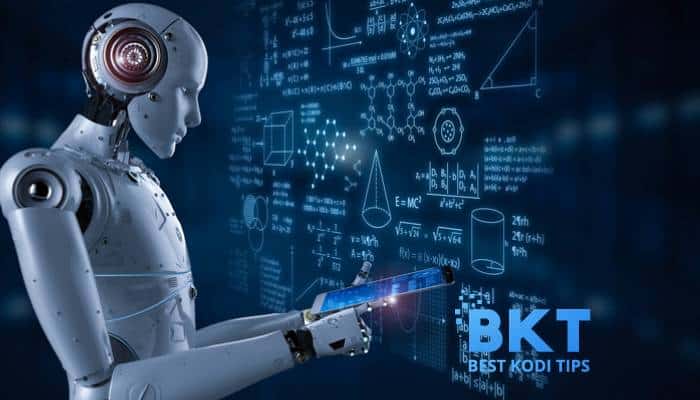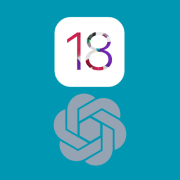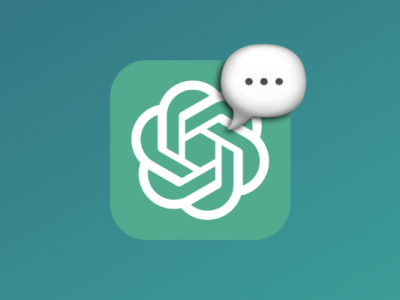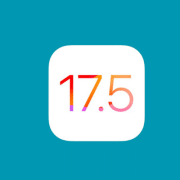Artificial Intelligence (AI) is no longer the stuff of science fiction. It’s a real-world game-changer, and one of the fields where its potential is most evident is education. AI is revolutionizing the way we learn and teach, ushering in a new era of personalized, efficient, and accessible education.
Smart Tutors and Assistants
Imagine having a personal tutor available 24/7. AI makes this a reality. Smart tutors and virtual assistants can answer questions, provide explanations, and offer guidance at any time, whether a student is in a classroom or studying at home.
These AI-driven tutors can adapt to a student’s pace, helping them master challenging concepts, recommending a trustworthy essay writing service, or providing additional practice where needed. This kind of individualized support can be a game-changer for students who might otherwise struggle or fall behind in a traditional classroom setting.
Personalized Learning
One of the most significant ways AI is transforming education is through personalized learning experiences. Traditional classrooms often struggle to accommodate the diverse learning needs of students. AI changes that by tailoring educational content to individual students:
- Individualized Education: AI is revolutionizing education by offering personalized learning experiences that address each student’s unique needs.
- Adaptive Content: AI-powered algorithms analyze a student’s learning style, strengths, and weaknesses, enabling the customization of educational content.
- Tailored Recommendations: AI recommends personalized learning materials, including resources, assignments, and supplementary content, to cater to each student’s requirements.
- Adjustable Pace: AI dynamically adapts the pace of instruction to match a student’s progress, ensuring they are neither overwhelmed nor under-challenged.
Efficient Administrative Tasks
Educators often spend a significant portion of their time on administrative tasks, such as grading assignments and managing student records. AI can take over many of these mundane responsibilities, allowing teachers to focus more on instruction.
AI-driven grading systems can quickly and accurately assess assignments and tests, providing timely feedback to students. This not only saves teachers time but also ensures that students receive prompt guidance on their performance.
Data-Driven Insights
AI can process and analyze vast amounts of data quickly, and in education, this is a game-changer. Schools and educators can use AI to gather insights into student performance and attendance patterns and predict potential issues.
For example, AI can identify students at risk of falling behind or dropping out by analyzing attendance and coursework completion rates. This early intervention allows educators to provide targeted support to those who need it most, ultimately improving student outcomes.
Accessibility and Inclusivity
AI also plays a vital role in making education more accessible and inclusive. For students with disabilities, AI-powered tools can provide real-time captioning, text-to-speech conversion, and other accommodations that enhance their learning experience.
Additionally, AI can translate educational materials into different languages, breaking down language barriers and making education accessible to a more diverse range of students worldwide.
To Sum Up
AI is transforming education by personalizing learning experiences, providing round-the-clock support, streamlining administrative tasks, and offering data-driven insights. It enhances accessibility and inclusivity while presenting challenges that must be met with thoughtful solutions.
As AI continues to evolve and become more deeply integrated into education, educators, policymakers, and technology developers must work together to harness its potential for the benefit of students worldwide. AI can revolutionize learning and teaching, making education more effective, efficient, and accessible for all.















Comments